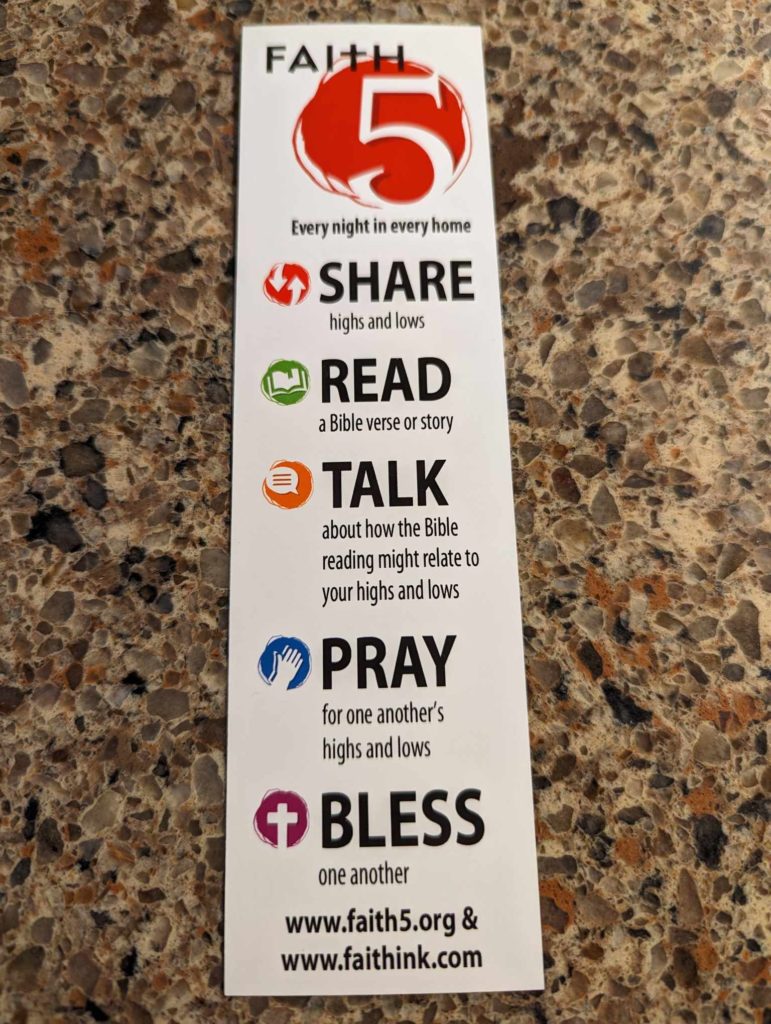Exit, Stage Right

Editor’s Note: The author is writing about the outlandishness of the 1994 draft. It promoted same sex relationships and masturbation. And it was released to the press before it was released to ELCA pastors which caused an enormous uproar.
Several of us on the current board of Lutheran CORE have been tasked with sharing where we are in our journey in or out of the ELCA.
It was the early 1980’s and my then first pastoral “boss” (I was his associate) and mentor used to say things like, “In the words of Oliver Wendell Holmes Jr., everyone has a puke point. You’ll know it when you reach it.” He often said graphic things like that such as, “Stay somewhere long enough and you can outlast your bastards” and “The milk of human kindness flows sparingly in the church.” Wow, burned out much? Please Lord, don’t let me get that hopeless. A newly ordained still aglow with the infused idealism of stepping into the role I was wondering if I’d make a mistake learning from him. But (and you knew that was coming) in some ways the years proved him correct. Stay somewhere long enough that you form deep, abiding relationships with your members and it’s amazing what you can accomplish together. Leaders shape culture and over time the character and competence of the Pastor will inform the priorities of a congregation’s mission and ministry. People who don’t like the direction will drift out, sometimes with all the finesse of a toddler’s tantrum, but they’ll go. Hint: you know you’ve achieved that when you want to weep at members’ funerals because you’re now burying friends and not just people who called you to the role. That’s an important dynamic for this article, deep connections versus doing what’s right. Relationship while feeling the tug of responsibility.
As per the “Puke Point” teaching that was harder to nail down. In sitting down to write this tome I searched in vain about the internet’s nooks and crannies to substantiate the quote, but I couldn’t, but the notion is something I carried for years. I didn’t reach that point when the 1994 draft on human sexuality was released. While most reacted strongly to the call on the church to recognize same sex unions, something that started rattling around in the ELCA since its inception in 1988 so no surprise there, I noted that our confirmation instruction should now include the positive aspects of masturbation. Where did that come from and why the sudden interest in budding adolescent sexuality? When the church started paying for abortions one exiting pastor wrote his Suma, “Real churches don’t kill babies.” During my brief stint as an assistant to the bishop of Sierra Pacific Synod an openly gay pastor was called to be chaplain at UC Berkeley and several churches in Oakland held joint youth group activities with an openly gay seminarian leading. That should have been my early clue. Like a magician’s sleight of hand, adult relationships were waved in front of us but in my opinion the real target was children.
At the June 2018 national ELCA Youth Gathering a chemically and surgically mutilated child was paraded across the stage as an inspirational symbol of acceptance. Adults who make such decisions are one thing. I think they need therapy and not surgery, but that’s on them. A child, one whose prefrontal cortex was not yet fully developed, was subjected to irreversible medical procedures and revealed as blessed by God. I was done. I’d finally reached that unverifiable quote point. Six months later I announced my early retirement. Relationships kept me in, but a quad bypass and the potential stress of taking out the entire congregation wasn’t something I could do, although much to his credit, my replacement soon had them out the door. This is a short article, and the full story is more nuanced, but such is my journey. I know you have your own. May you find community and peace of Christ outside the ELCA.




